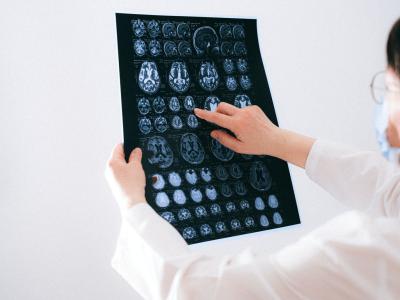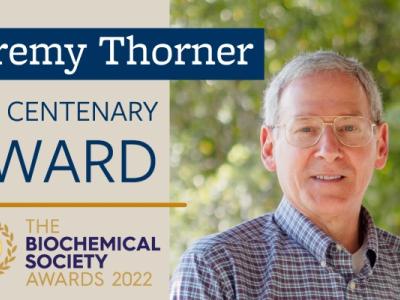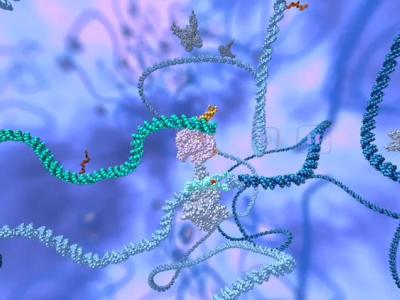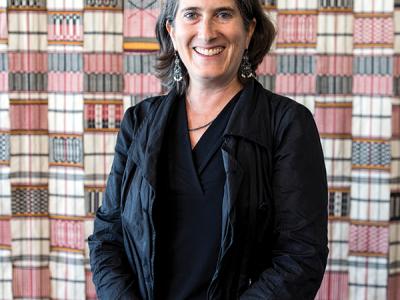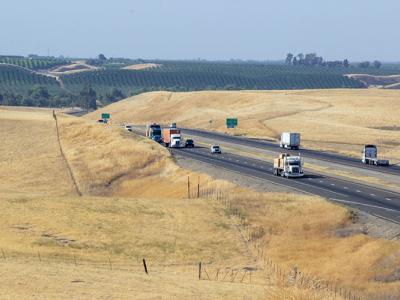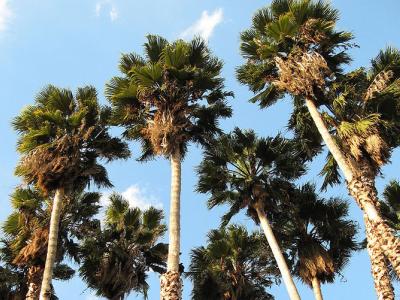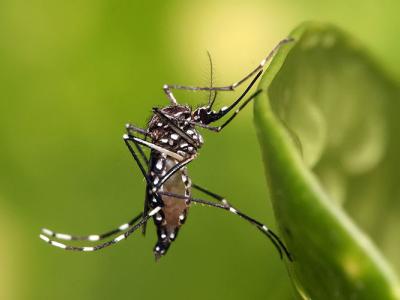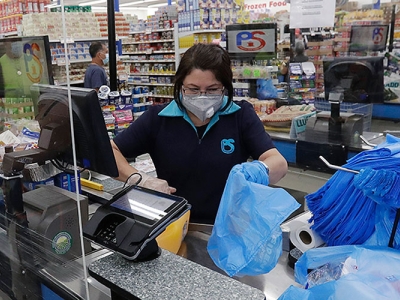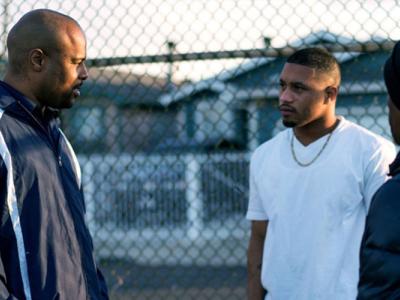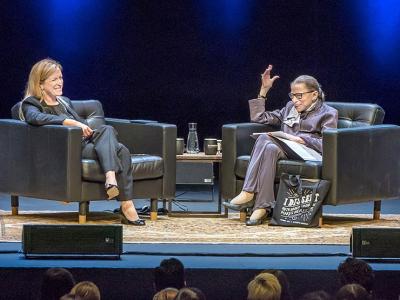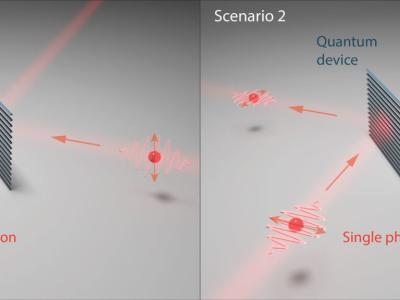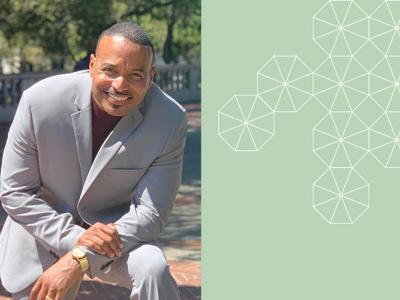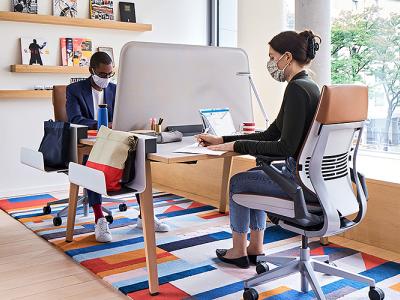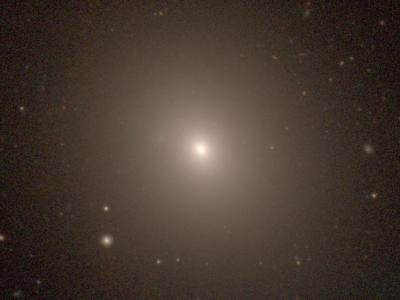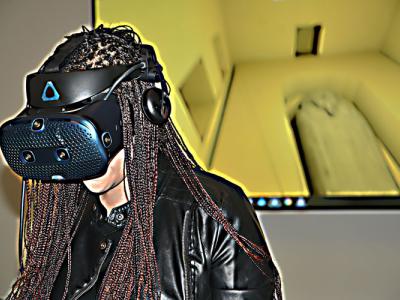A study by researchers at the UC Berkeley School of Public Health finds a link between exposure to formaldehyde and an increased risk of developing brain diseases such as brain cancer, Alzheimer’s disease, Parkinson’s disease, and amyotrophic lateral sclerosis.
Research News
Learn more about UC Berkeley's researchers and innovators.
Showing 1057 - 1072 of 3459 Results
The Biochemical Society has awarded Professor Emeritus Jeremy Thorner their 2022 Centenary Award!
Mobilizing colleagues in the then-new Innovative Genome Institute (IGI) — a joint research collaboration between the University of California, Berkeley, and UC San Francisco — they sought to repair the single mutation that makes red blood cells warp and clog arteries, causing excruciating pain and often death.
Heavy caseloads, job stress and biases can strain relations between parole and probation officers and their clients, upping offenders’ likelihood of landing back behind bars. On a more hopeful note, a new UC Berkeley study suggests that nonjudgmental empathy training helps court-appointed supervision officers feel more emotionally connected to their clients and, arguably, better able to deter them from criminal backsliding.
Rachel Morello-Frosch, a professor in the Department of Environmental Science, Policy and Management and the School of Public Health, has joined the White House Environmental Justice Advisory Council (WHEJAC).
Extending California’s stringent diesel emissions standards to the rest of the U.S. could dramatically improve the nation’s air quality and health, particularly in lower income communities of color, finds a new analysis published today in the journal Science.
California’s restrictions on vehicle emissions have been so effective that in at least one urban area, Los Angeles, the most concerning source of dangerous aerosol pollution may well be trees and other green plants, according to a new study by University of California, Berkeley, chemists.
Notwithstanding last month’s cold snap in Texas and Louisiana, climate change is leading to warmer winter weather throughout the southern U.S., creating a golden opportunity for many tropical plants and animals to move north, according to a new study appearing this week in the journal Global Change Biology.
Extensive research led by UC Berkeley economists and alumni has found that significant increases in the minimum wage have little, if any, impact on employers’ hiring decisions. In fact, the researchers say, a higher minimum wage can produce benefits not just for workers, but for their employers, their communities and the entire economy.
Advance Peace team members from Stockton, Sacramento and Richmond came to UC Berkeley’s campus recently to meet with professor Jason Corburn, sixth from the right, and discuss their work. (Photo courtesy of Advance Peace)
U.S. Supreme Court Justice Ruth Bader Ginsburg looms large in Berkeley Law Professor Amanda L. Tyler’s life as a boss, a mentor, a role model — and, now, a co-author.
Researchers at the University of California, Berkeley, have developed a new device that allows at-will control over the quantum behavior of single particles of light, or photons, a proof-of-principle demonstration that could form the basis of new optics-based gates for powerful quantum technologies.
In recognition of “contributions that advance science and deepen public understanding of human behavior and social dynamics,” Rucker Johnson, the Chancellor’s Professor at the Goldman School of Public Policy, has been named a fellow in the 2021 class of the American Academy of Political and Social Science (AAPSS).
A year ago, just after Bay Area governments imposed a shelter-in-place order to check the spread of a mysterious new coronavirus, Cristina Banks worried about how she would work from home. She would miss her office at UC Berkeley’s Haas School of Business. She would miss interacting with colleagues and students. She would miss her books and her papers. Banks directs the Interdisciplinary Center for Healthy Workplaces, a global research center at Berkeley, and even in the ¬surpassing strangeness of the past year, she has continued to observe and analyze how the pandemic is changing our work — and changing us.
Determining how rapidly the universe is expanding is key to understanding our cosmic fate, but with more precise data has come a conundrum: Estimates based on measurements within our local universe don’t agree with extrapolations from the era shortly after the Big Bang 13.8 billion years ago. A new estimate of the local expansion rate — the Hubble constant, or H0 (H-naught) — reinforces that discrepancy.
If playing the video game Assassin’s Creed Origins is as close as you’re likely to get to a pharaoh’s tomb — especially in this time of pandemic-thwarted travel — look no further than UC Berkeley for an expedition into an Egyptian burial chamber that won’t expose you to a mummy’s curse.

